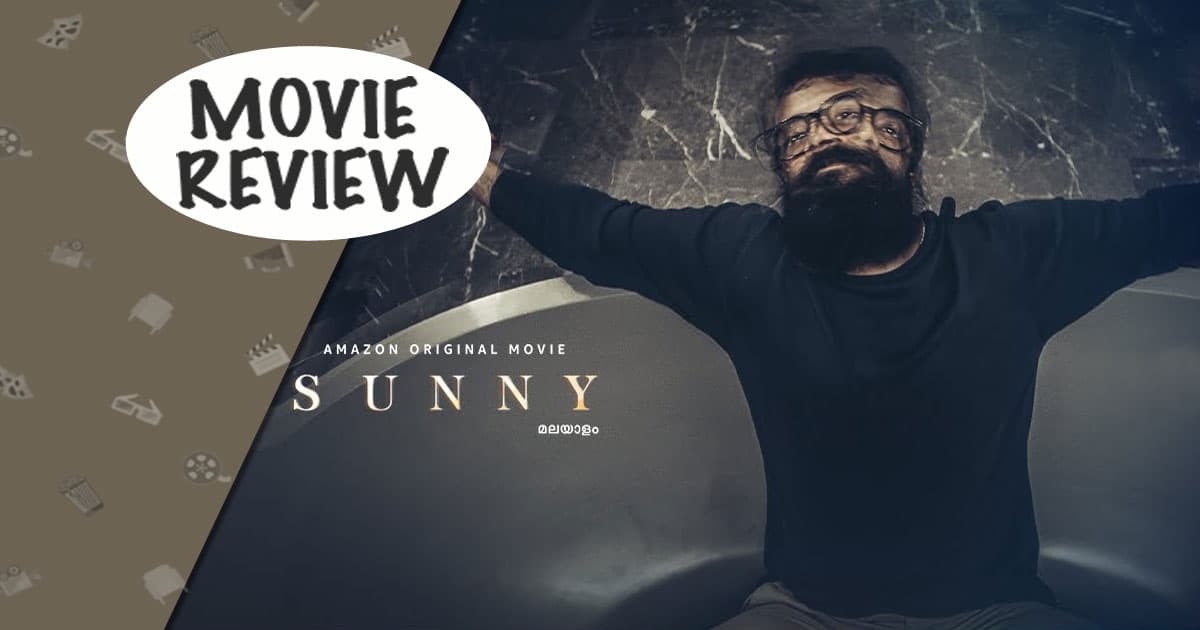


A few late scenes pull too hard on the heartstrings, like a family party at which Dornan’s normally stoic character suddenly reveals himself to be a karaoke god as he takes the mic to belt a showstopping cover of “Everlasting Love.” But the very last shot, a close-up of Judi Dench’s bowed head seen through the blurred glass of a window, fully earns the tears I found myself shedding, almost despite myself, as the credits rolled. Without the right kid in the central role, a movie like this would never have worked, and to Branagh’s credit, he directs his junior alter ego with a light touch that lets the character of Buddy seem like a real, specific boy, rather than a symbol of lost childhood innocence as filtered through grown-up memory. He appears on-screen, often alone and silent, for nearly every minute of the movie, and his watchful, expressive face recalls the juvenile protagonists of Truffaut films like The 400 Blows or Small Change. The acting is consistently marvelous, including from the newcomer Jude Hill, only 9 at the time of filming. Still, Belfast gets the job done when it comes to producing waves of emotion in the viewer. The Troubles serve as a backdrop that gives the story suspense and stakes, but if, like me, you go in not knowing much about this period of recent Irish history, you will leave scarcely more informed. This is a movie more intent on evoking outsize feelings-nostalgia, romantic longing, grief-than on exploring the political and historical themes its setting gestures toward. Which is a lot-Morrison’s swelling ballads are so heavily used in the soundtrack that at times Belfast feels like an extended music video. (Should two working-class Irish parents really look this hot, or be this madly and exhibitionistically in love?) But good luck getting through this bighearted family drama without tearing up at least once, especially when Van Morrison’s familiar bluesy growl shows up on the soundtrack. Belfast is not the tour de force that Roma was its story beats are more familiar, its message about the primacy of family love a bit cornier, and the young hero’s view of his parents’ marriage considerably more idealized. In many of its stylistic details, Belfast resembles another film that takes place in its writer-director’s fondly remembered if less than idyllic childhood: Alfonso Cuarón’s Mexico City–set Roma, also shot in black and white with long, intricately choreographed tracking shots. Its story beats are more familiar, its message about the primacy of family love a bit cornier, and the young hero’s view of his parents’ marriage considerably more idealized.


 0 kommentar(er)
0 kommentar(er)
